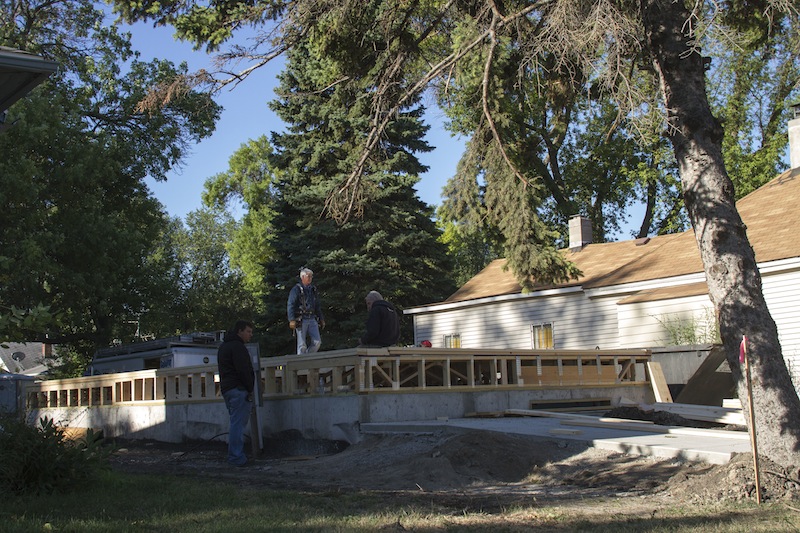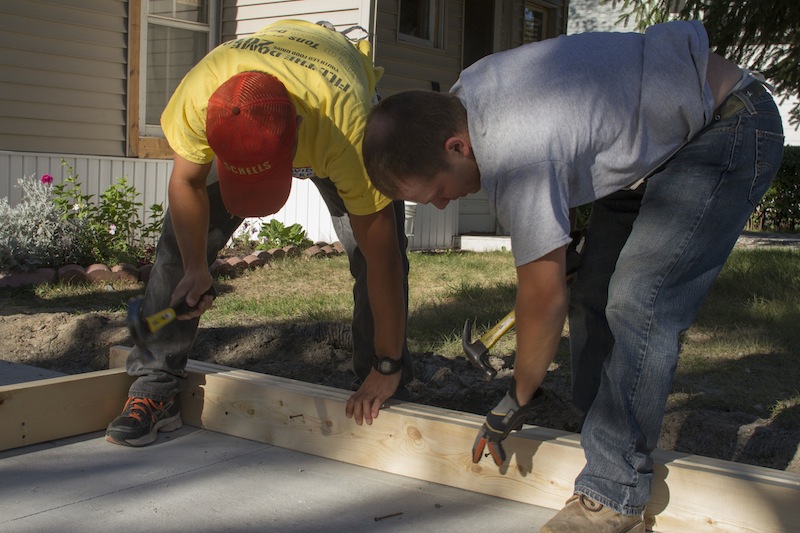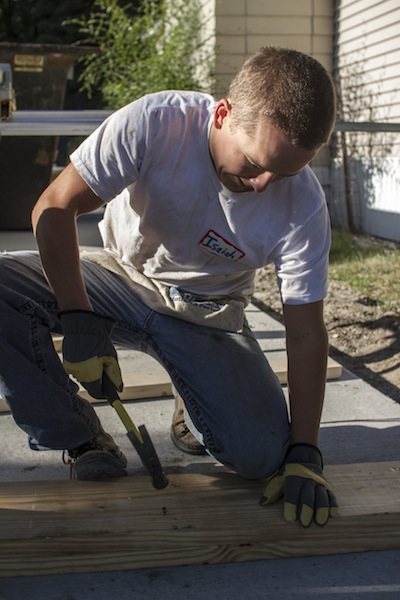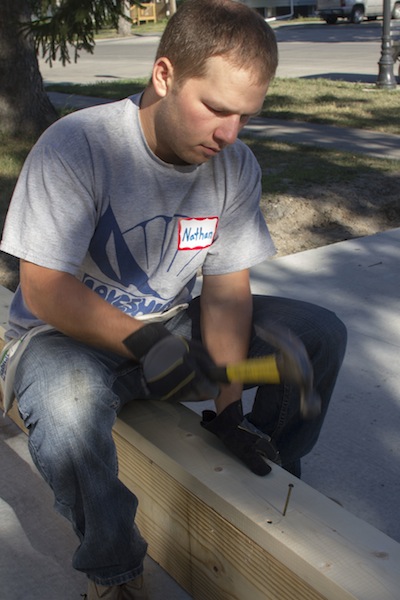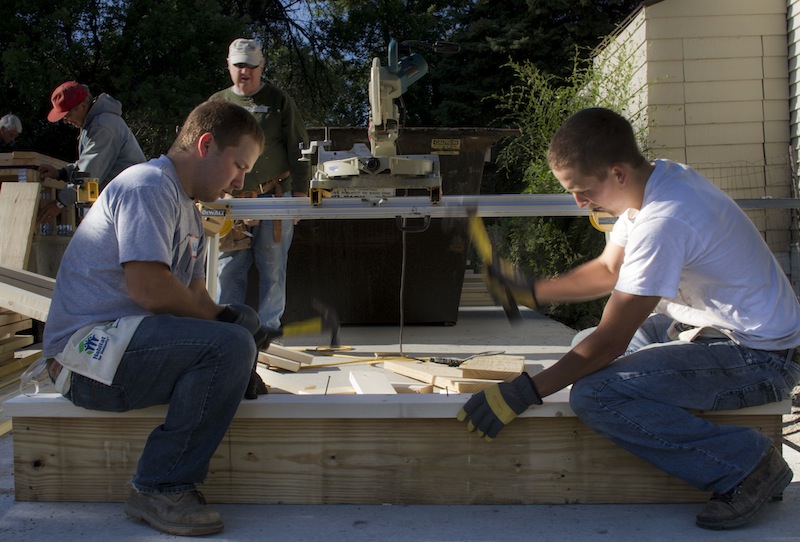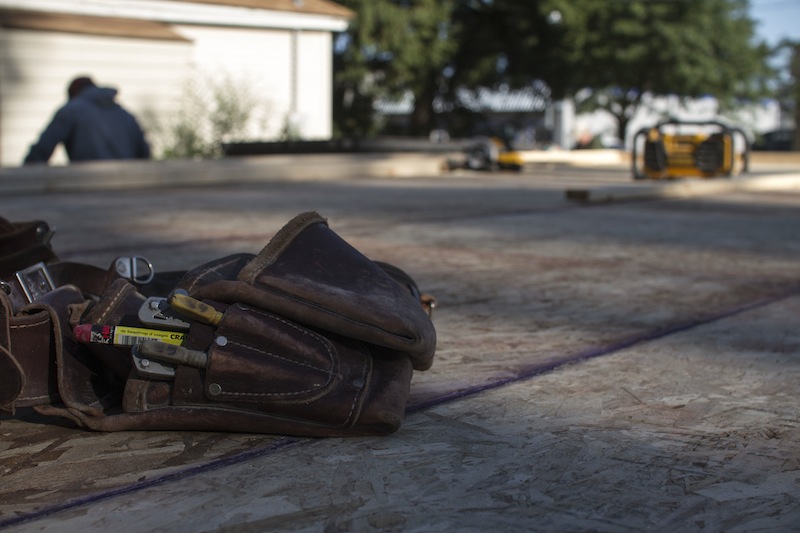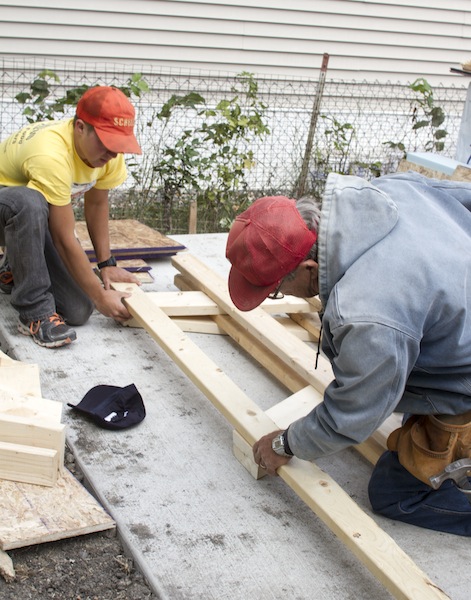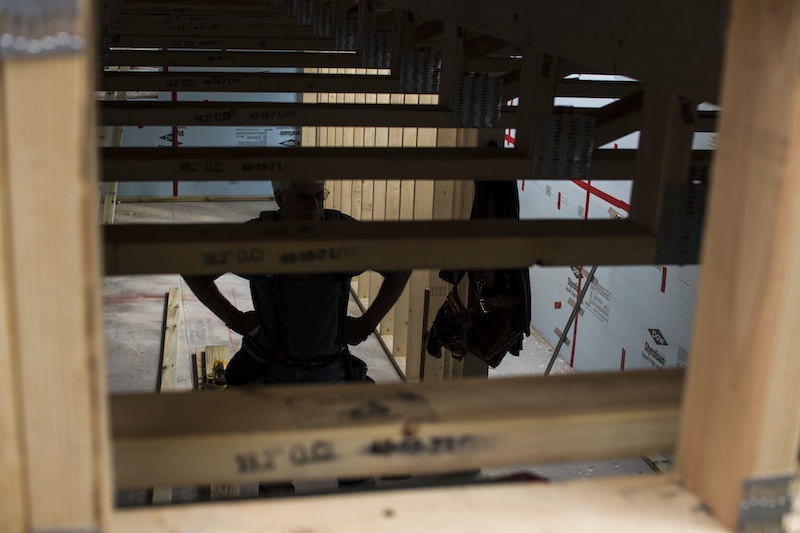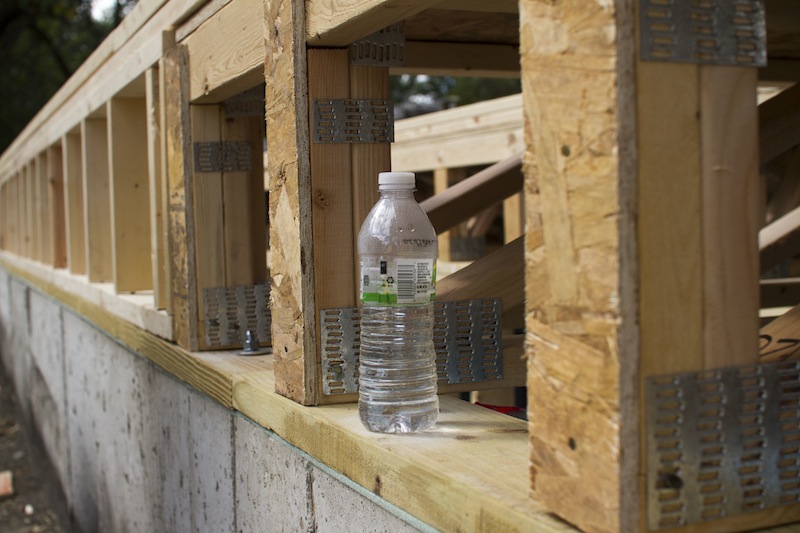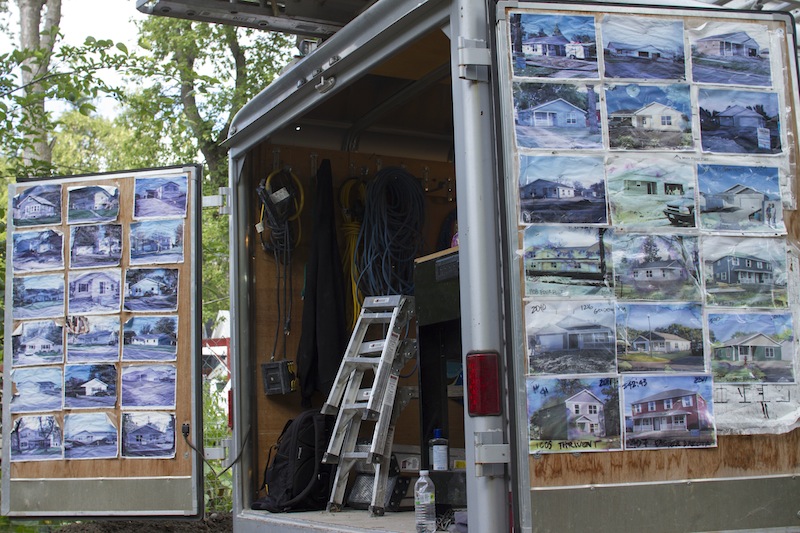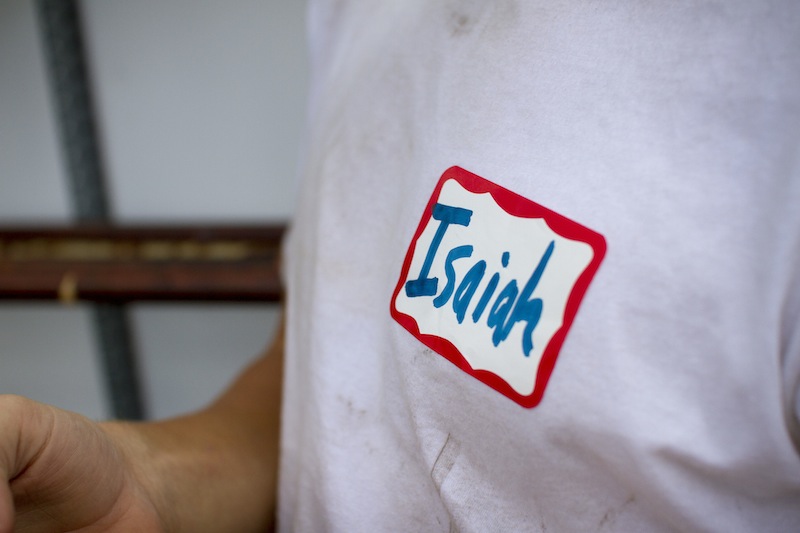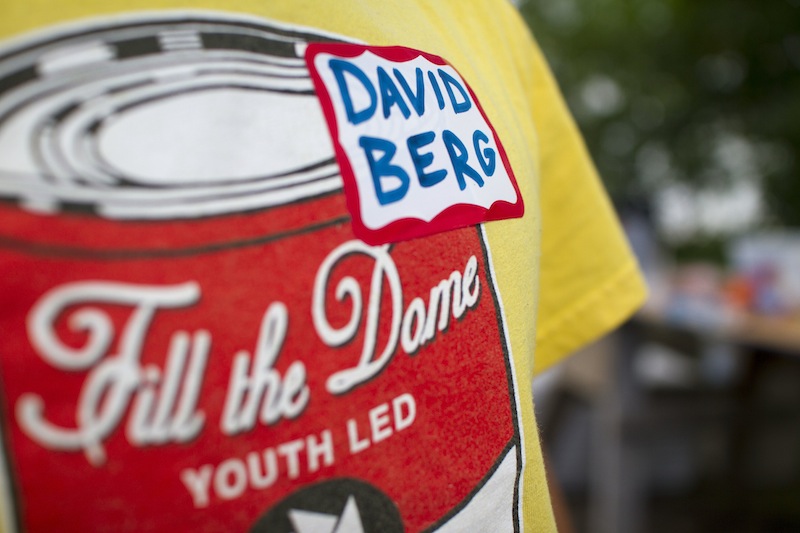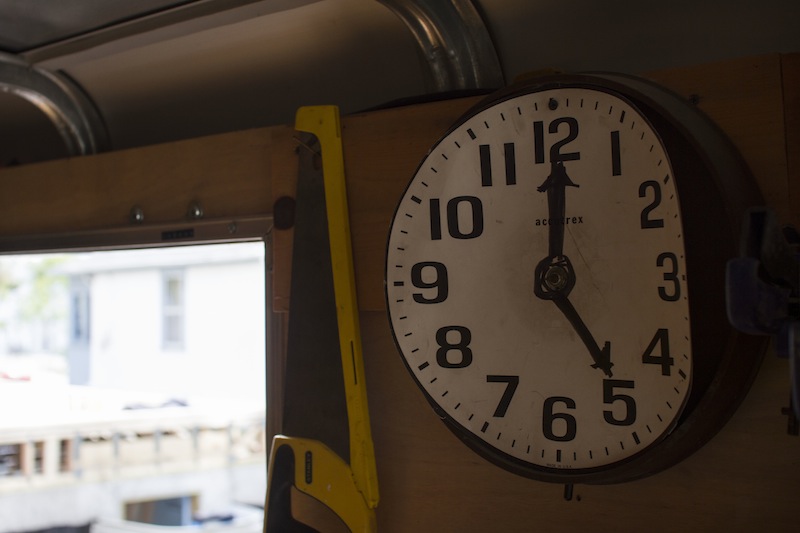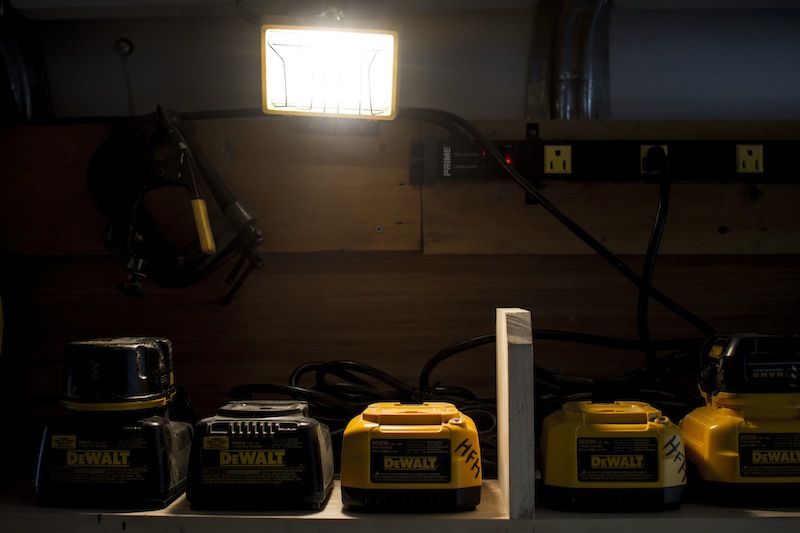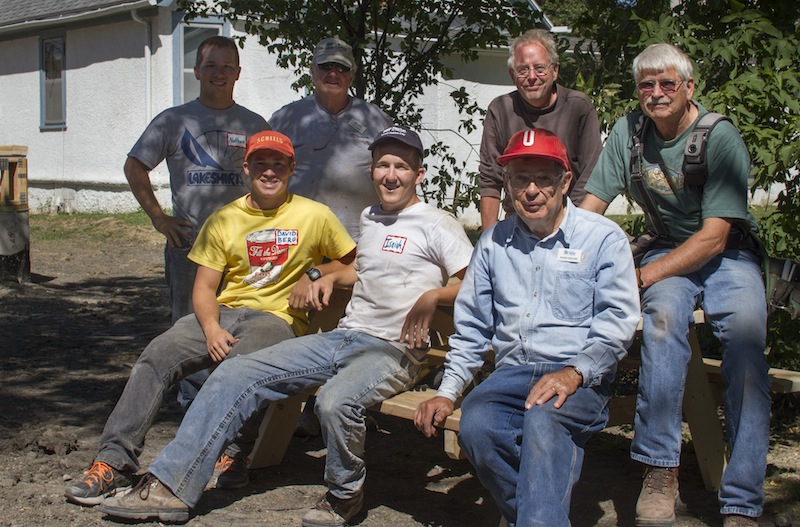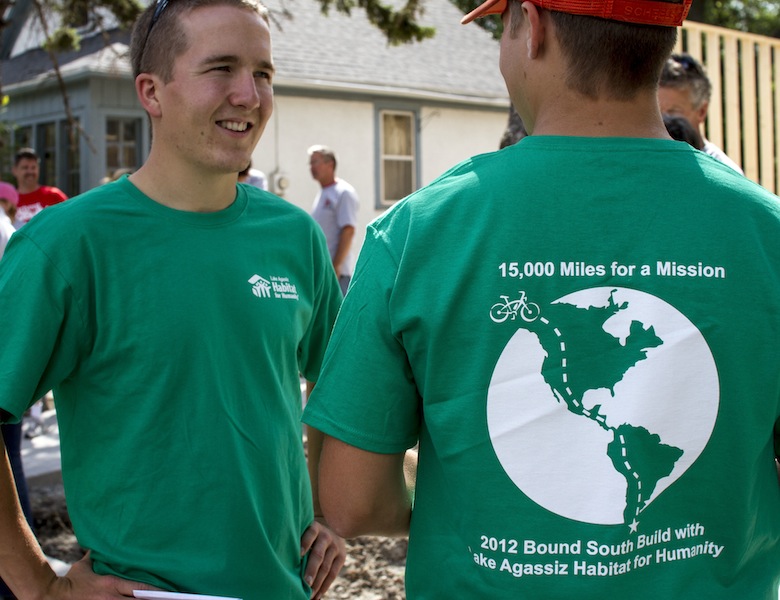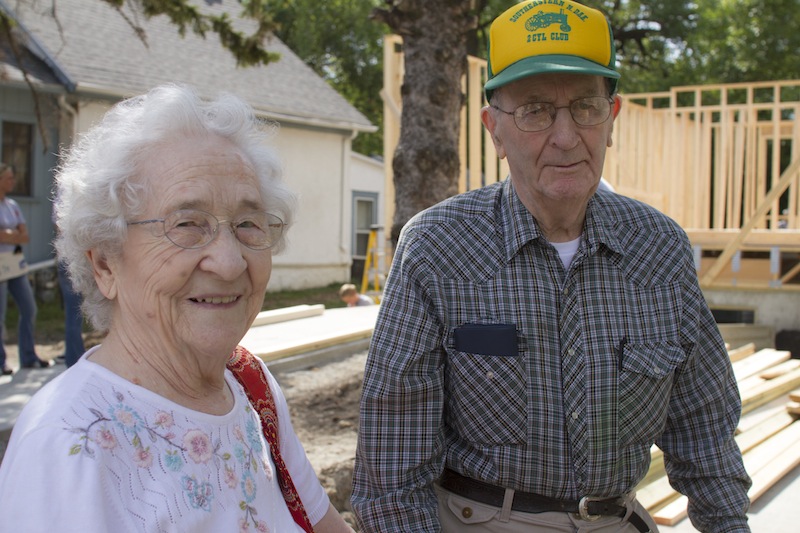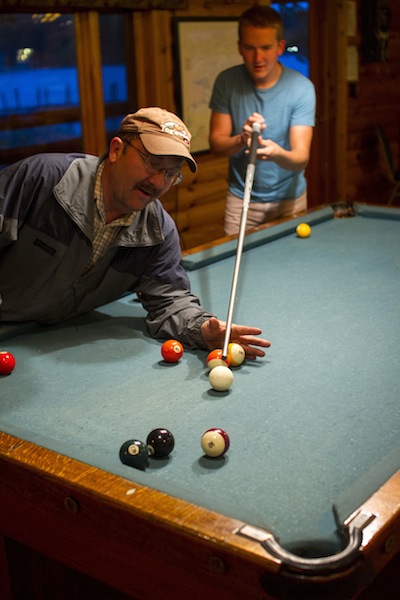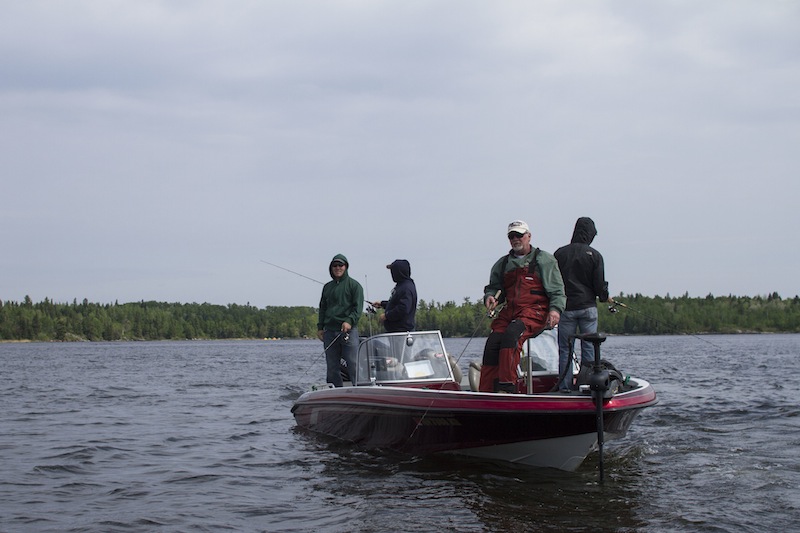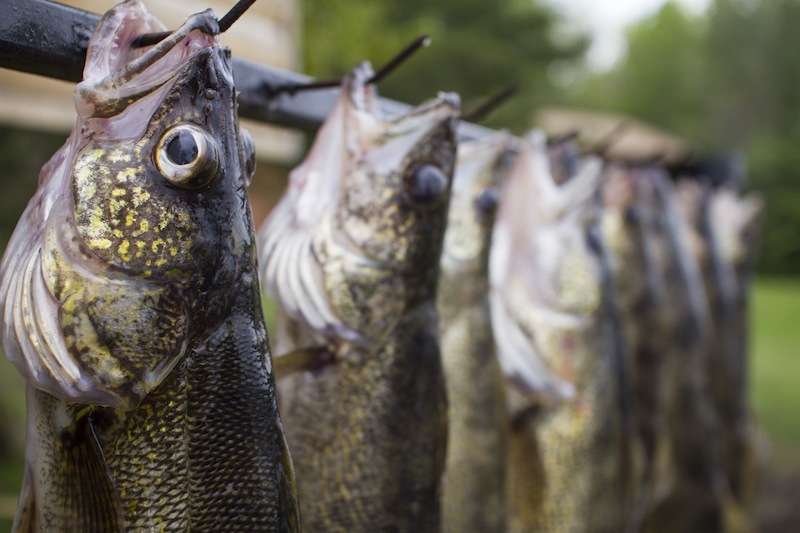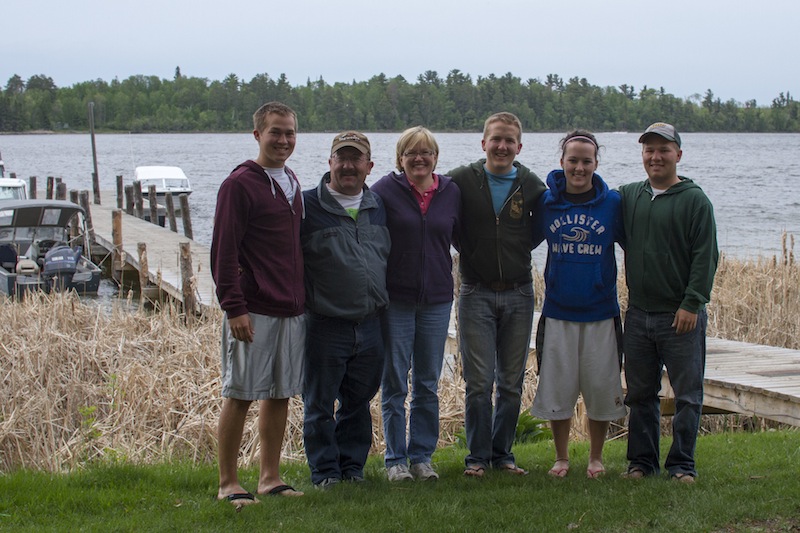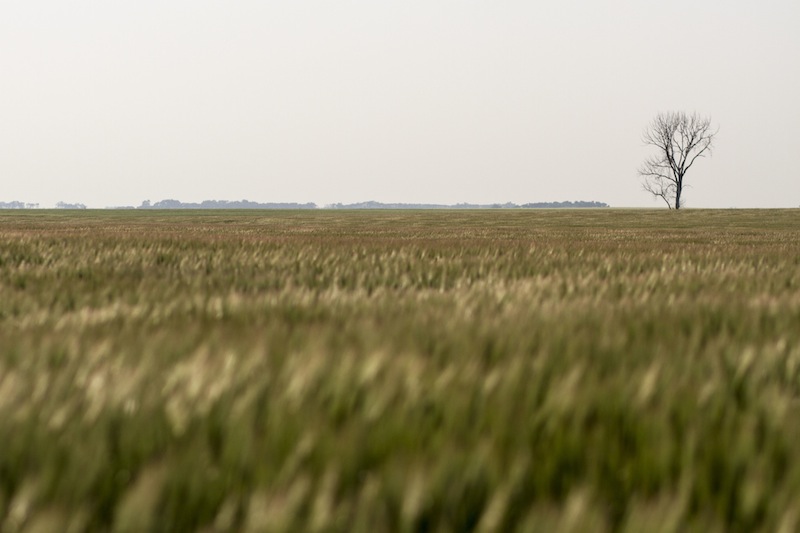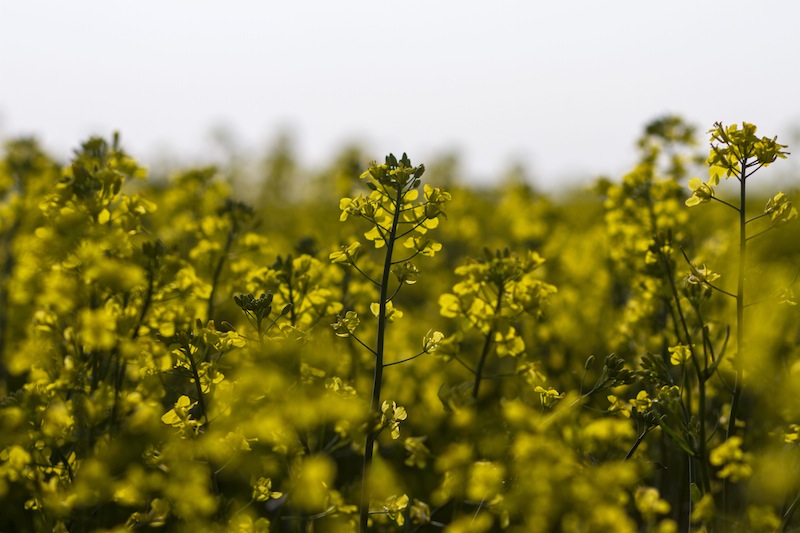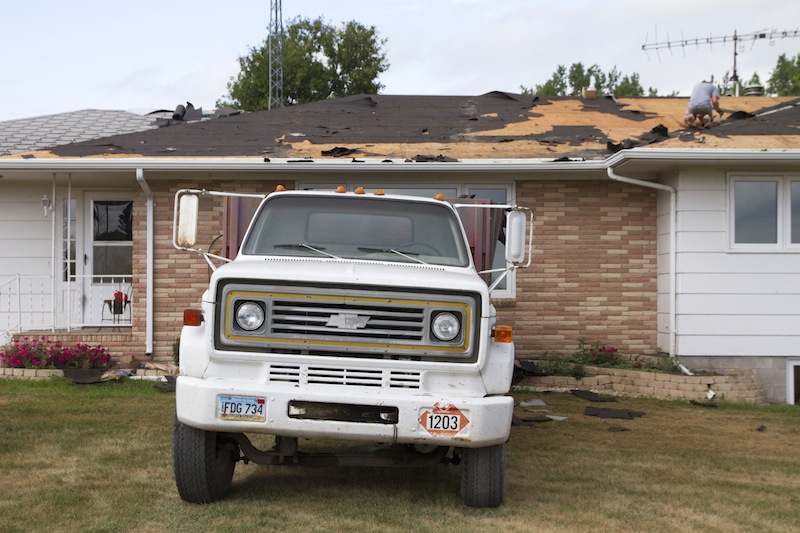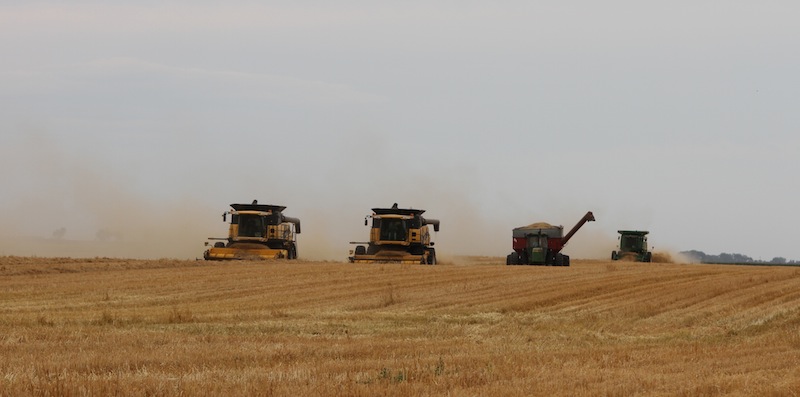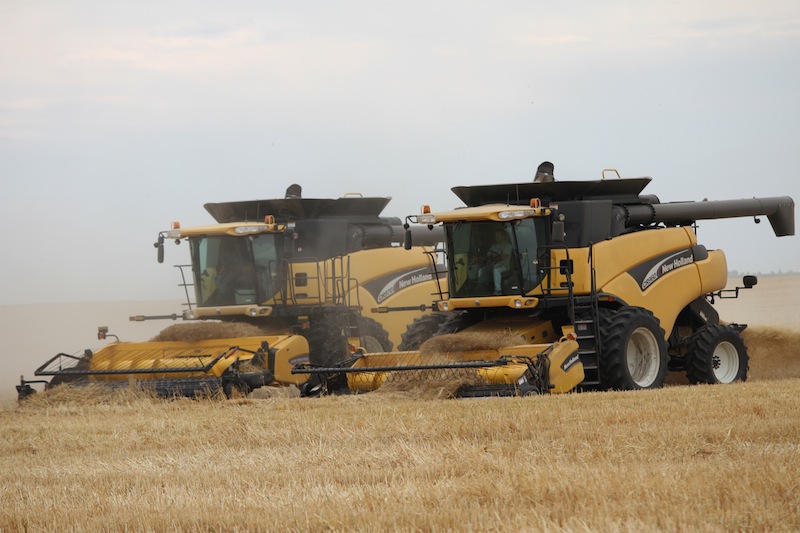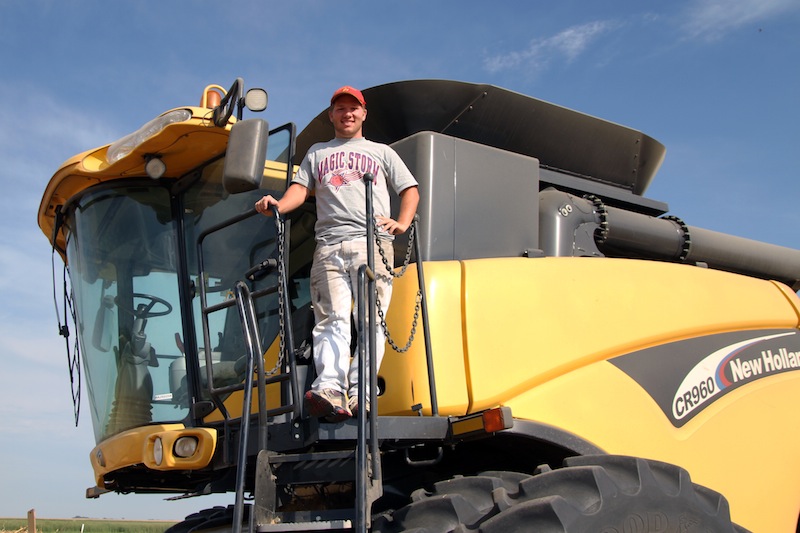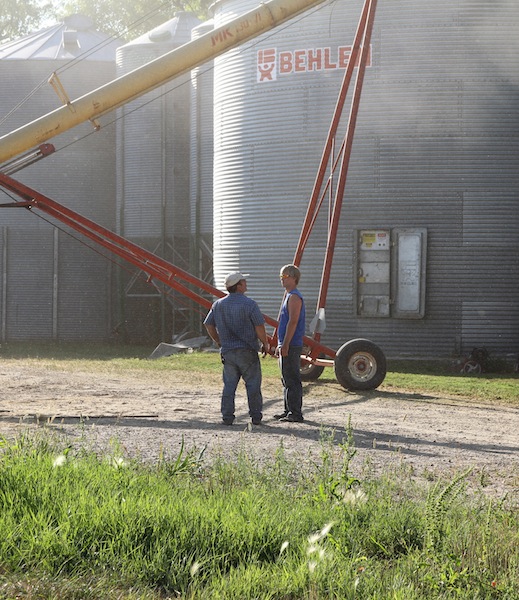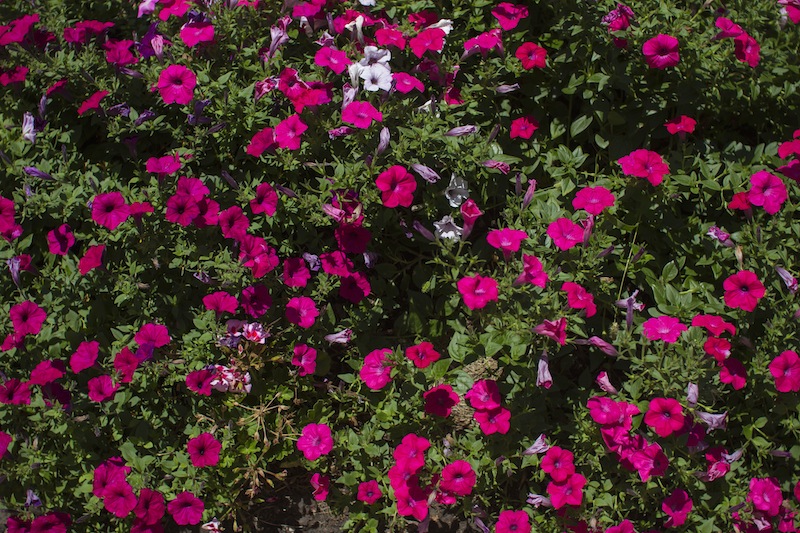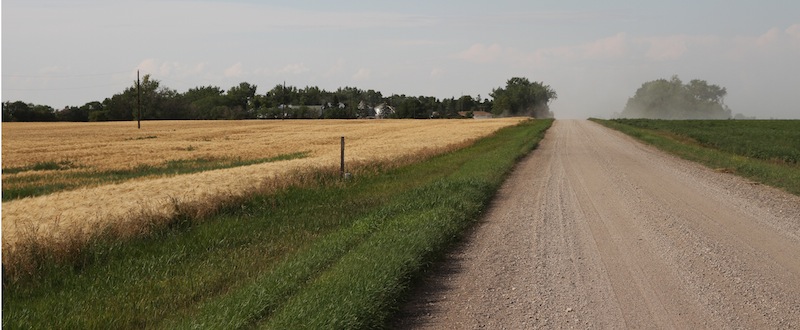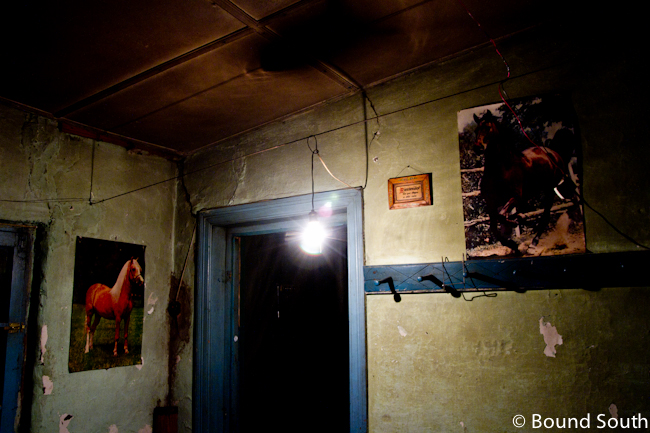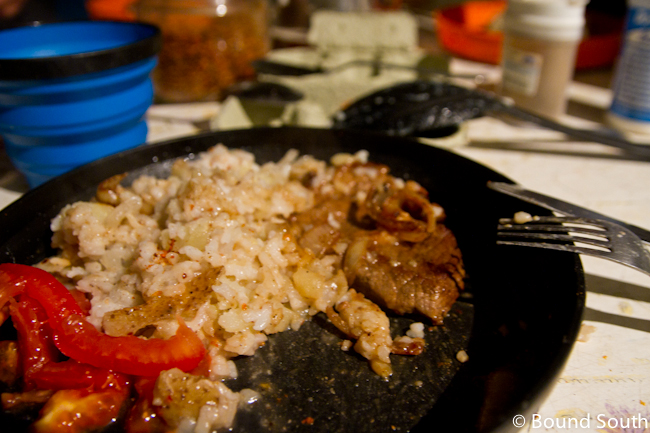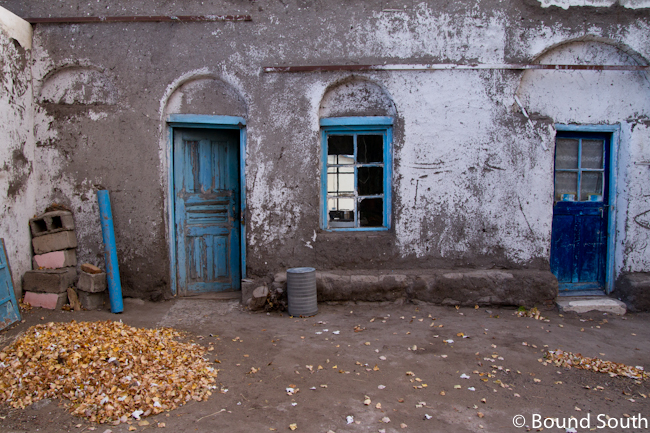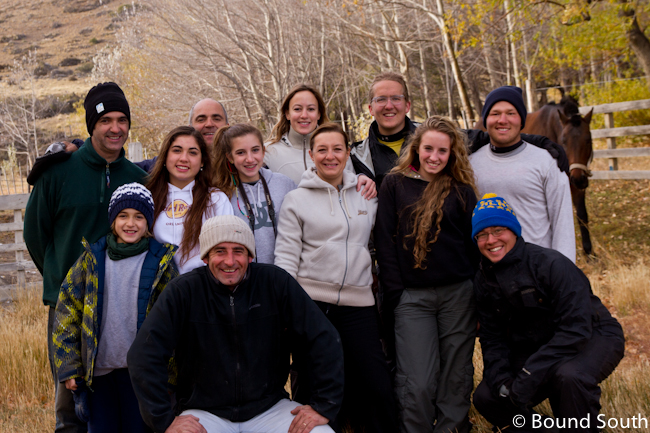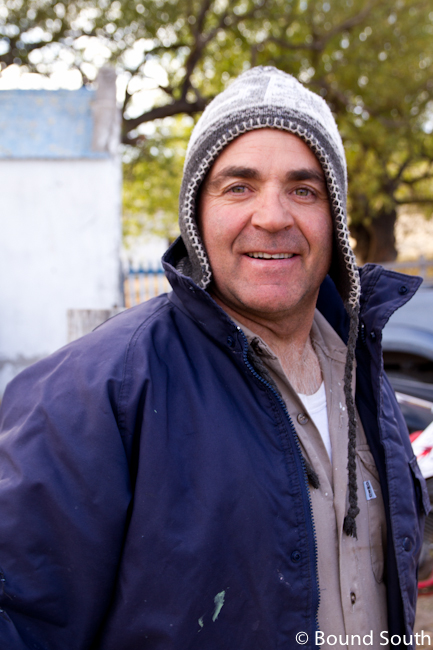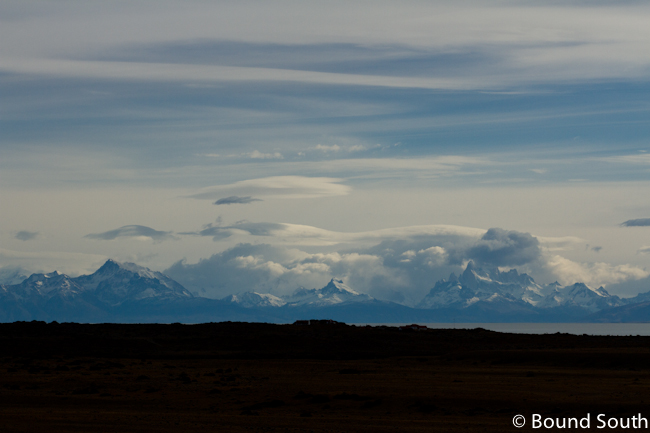People_define_our time on the road. Each day we wake with the sun, ride against its flight across the sky, and fall asleep with its departure. Each day we manage to taste, smell, hear, and see a glimpse of local culture aside from simply getting from A to B. People are what we remember most. After our time in the Sierra Nevada of Mexico, I am overjoyed to say we now have friends in high places.

Our route from Guadalajara led us to Lake Chapala, Mexico’s largest freshwater lake, where we encountered some incredibly steep cobblestone roads. From there, we traversed volcanic and agricultural highlands to the city of Pátzcuaro, where we met Bruno, a young and well-traveled architect. Well known for its lake and Day of the Dead celebrations, he had much to show us. We visited Tzintzuntzán, home of the Tarasco empire’s pyramids and decorated cemeteries, had carnitas at a local hot spot, and encircled Lake Pátzcuaro. Later that day, we sat in his home and played music together. Over the strum of his guitar and beat of his drum, he told us about his dreams to build a ecological home for himself in the mountains and to continue to travel the world. He told us the importance of dreams, that without them it is hard to find purpose. We shared much with him and rode on into the new year.

Dance performers in Patzcuaro

A mini Jack-O-Lantern we found in a cemetery
Leaving Pátzcuaro, we entered the Michoacán state, where we met Highway 15, Mexico’s principal north-south artery. Upon entering, we began to climb and didn’t stop until we crossed half the state. Temperatures dropped as we gained elevation. Cold nights in highlands required clothing that had not seen use since Oregon. Despite the cold, we found warmth with a logging family along 15. They welcomed us to their home and place of work, and gave us a much-needed flat area for our tent. Their children had numerous questions and found interest in our dinner preparations and Melodica. Sitting around their campfire, we shared dinner and gave a few music lessons. Tired legs soon beckoned and with the warmth of the fire transferred to our sleeping bags, the night found us sound asleep.

Music by fire light

Frisbee in the morning
Before leaving for the school the next morning, the kids joined us for a game of frisbee. Laughter and smiles ensued. Saying goodbye was difficult, but a 30 kilometer descent greeted us thereafter and brought us to Ciudad Hidalgo. By chance, a father and son we met on the ferry ride to Mazatlán spotted us in the city and sent family members to retrieve us. An hour later, we were being fed home-made enchiladas in the family’s home in Tuxpan.

The stillness of the night at Los Azufres

It didn't take long for my soccer "touch" to come back
The family (9 adult brothers and 4 sisters, several cousins, and dozens of kids) was gathered for the holiday season; add three gringos to the mix, and commotion is guaranteed. An unplanned excursion to the hot springs of Los Azufres proved relaxing (the cramped ride on windy, mountain roads to get there, not so much), even after an intense game of Marco Polo. Our departure the next day was delayed for hours as we gave rides to kids on our bicycles and played keep-away games of soccer. The kids loved it, and so did we. Once again, we mustered the strength to say goodbye and rode off.

Joy
We felt the monarch butterflies in the area were a must-see, so we set our sights on El Capulin, a reserve outside of Zitácuaro in the Mexico state. Each year, monarch butterflies migrate to this area of Mexico from Canada and the United States for the winter months (one commonality we share). Between 60 million and 1 billion butterflies fly to high mountain sanctuaries in Mexico annually. We arrived at the reserve late in the day, and a local guide showed us to a camping spot on his property where our gear would be safe while we hiked up to see the butterflies the next morning. His sons helped us make camp and daylight provided an opportunity for more frisbee fun. A campfire provided warmth for dinner and we were tucked away in our tent soon after in anticipation for a sunrise hike.

Making camp with some new helpers

What you can't see in this photo is the frisbee flying towards me and the camera!
Following the guide the next morning was more than challenging. First, he was on horse and we were not. Second, the trail was comprised of loose rock and pine needles. And finally, the trail was extremely steep. Stumbling behind the guide in the darkness (we began the hike before first light) we ascended 2000 feet to a foggy meadow. The early morning light combined with the fog was spectacular. And so were my newly blistered feet! A short trail from the meadow led us to a roped off outlook. He pointed to the trees and all we saw were trees. We were bewildered. Seeing our confusion, he waved us across the rope closer to the trees. Upon closer look, we began to see clearly. In the cool of the morning, the butterflies were clinging to the trees. Together, they created a textured blanket on every tree, top to bottom. It was amazing. We stood in awe as we attempted to grasp the number of butterflies in the sanctuary.

Foggy meadow in the morning

Marisposas Monarchas
Sliding down the trail to our campsite, I reflected over the days leading up to that moment. Circumstance allowed people to touch our lives. Only when people enter our world is it possible for us to share this amazing journey.
